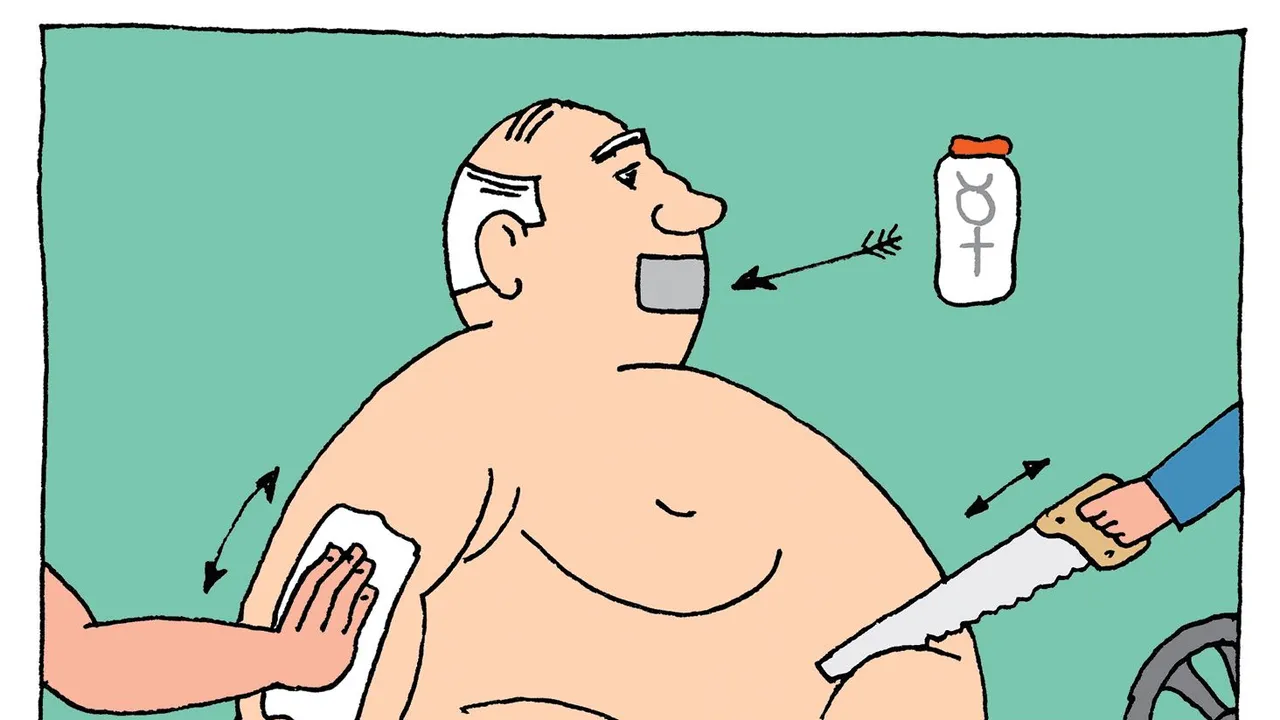Key Takeaways
- Peer support is crucial in addiction recovery, providing emotional and practical support.
- Studies show that peer support can improve recovery outcomes and reduce relapse rates.
- Various forms of peer support are available, including group meetings and online communities.
What Is Peer Support?
Peer support involves individuals with similar experiences helping each other throughout recovery. This assistance is precious in addiction recovery, where shared experiences can create deep, empathetic connections. Peer support can take many forms, but its essence lies in the group’s shared understanding and mutual encouragement. For those looking for community support, finding AA groups near me can be a tremendous first step in the recovery journey. The direct involvement of people who have lived through similar struggles brings a unique perspective that purely clinical settings may lack, creating a more comprehensive support system.
Benefits of Peer Support
Engaging in peer support during addiction recovery offers numerous advantages. It primarily provides emotional support by fostering an environment where individuals feel understood and validated by their peers. Being in a group with others who have had similar experiences can significantly alleviate feelings of isolation and provide a safe space for emotional expression.
- Emotional Support: Being understood by others who’ve been through similar struggles can significantly alleviate feelings of isolation. When individuals share their experiences and emotions openly, it often leads to moments of profound realization and understanding, making the emotional burden of addiction more manageable.
- Accountability: Regular check-ins can help keep individuals on track with their recovery goals. Peer support groups often incorporate systems of accountability that motivate participants to stay committed to their recovery plans. Knowing that peers are tracking their progress can be a powerful deterrent against relapse.
- Practical Advice: Peer supporters often share strategies and resources that have worked for them. This exchange of valuable tips and solutions can be particularly beneficial as it provides real-world, tested methods for coping with cravings and triggers.
Research suggests that peer support helps individuals feel less alone and enhances their commitment to recovery by providing a sense of accountability and belonging. The study highlights that individuals involved in peer support are more likely to develop resilience and effective coping strategies, ultimately improving their recovery outcomes.
Types of Peer Support
Peer support can be tailored to meet different needs and preferences in various formats. Understanding these options can help individuals choose the best form of support for their unique circumstances. Some of the most common types include:
- Group Meetings: These are regularly scheduled gatherings where individuals share their experiences and offer each other support. These meetings create a structured environment for sharing and learning, serving as a lifeline for many in recovery. Participants often find comfort in the routine and predictability these meetings provide.
- Online Communities: Digital platforms where people can connect, share resources, and provide encouragement. Online forums, social media groups, and specialized apps offer a flexible and accessible way for individuals to seek support, especially for those who may not have access to local meetings.
- One-on-One Sponsorship: Personal mentorship relationships offering guidance and support on a more intimate level. Sponsors provide individualized attention and personalized advice, helping navigate the unique challenges of each person’s recovery journey.
Peer Support in Action
Programs like Alcoholics Anonymous (AA) and Narcotics Anonymous (NA) have long utilized the power of peer support to help individuals overcome addiction. These programs are built on the principle that mutual aid and shared experiences are pivotal for enduring recovery. For instance, during a typical AA meeting, participants share their stories, listen to others, and participate in collective problem-solving exercises. These interactions foster community and belonging, which is essential for long-term recovery. Every story shared and listened to acts as a building block that reinforces the group’s collective resolve to stay sober.
How to Find Peer Support
To locate suitable peer support options, consider starting with local community centers or healthcare providers who can often refer you to programs and resources. Online platforms also offer a wealth of possibilities. Websites provide directories and helplines that can guide you to the correct support for your needs. Additionally, local libraries and community boards often have information on nearby support groups and meetings. Don’t hesitate to contact multiple sources to find a support system that genuinely resonates with you.
The Future of Peer Support
As technology continues to evolve, the future of peer support looks promising. Emerging platforms are making it easier for individuals to find and connect with others who share their experiences. Virtual reality and AI are being explored as potential tools to enhance peer support, making it more engaging and accessible to everyone. Services are becoming more inclusive, ensuring everyone can receive the support they need regardless of their circumstances. With these advancements, the landscape of peer support is poised to become more innovative and encompassing, helping more individuals achieve successful, long-term recovery. The integration of technological tools is not only breaking geographical barriers but also bridging the gap between different levels of addiction severity and treatment needs.











